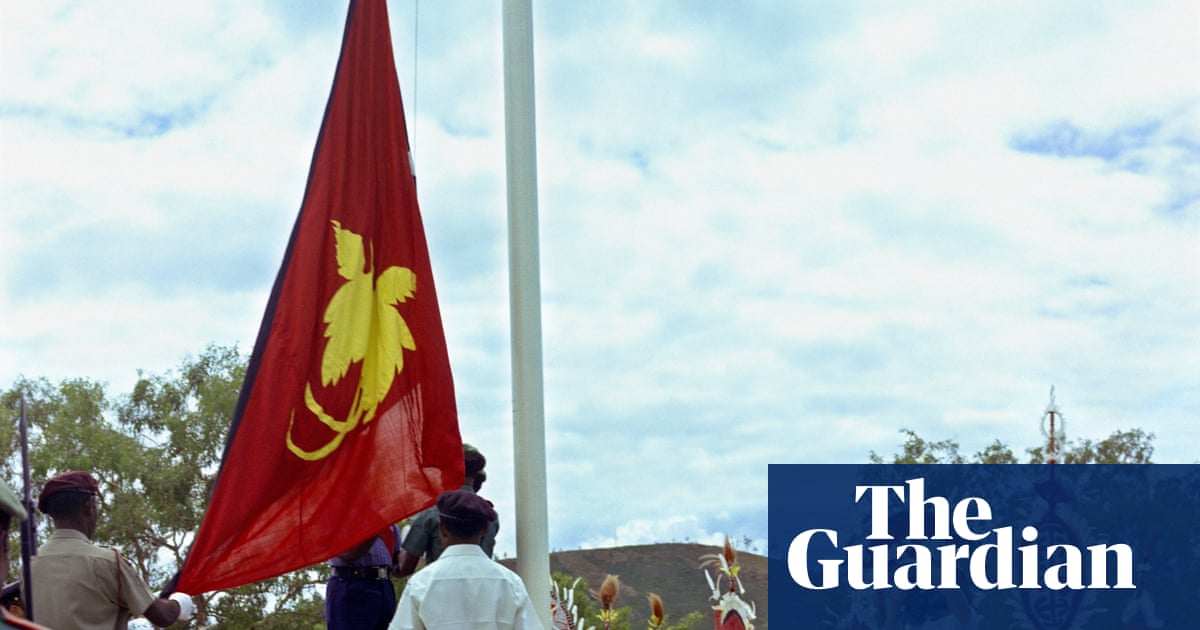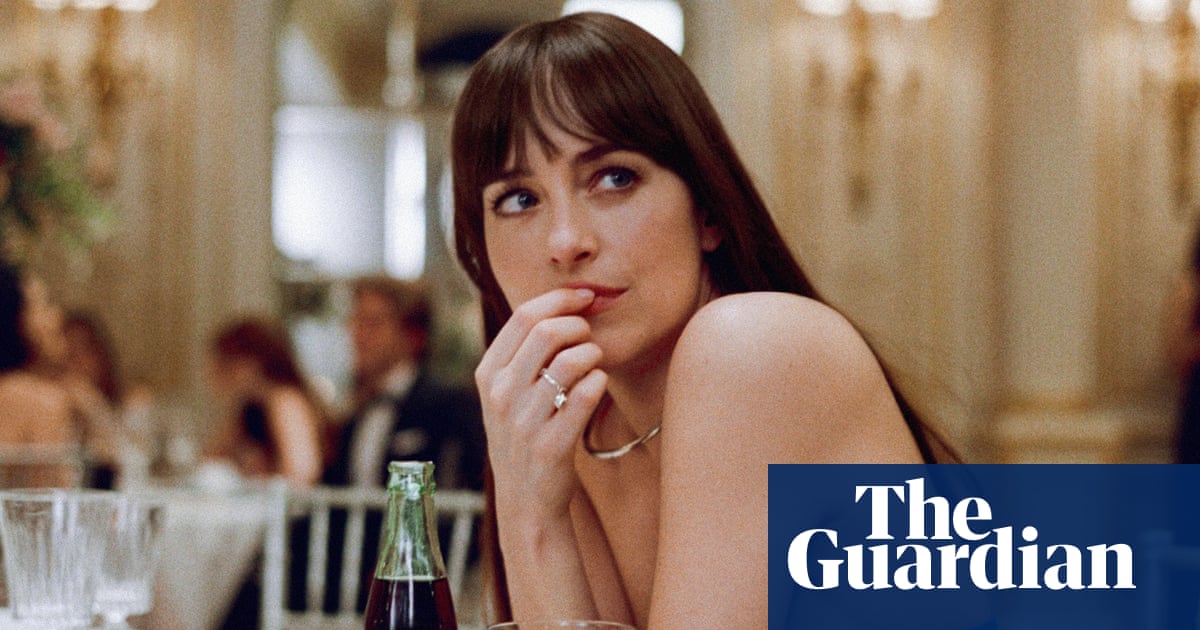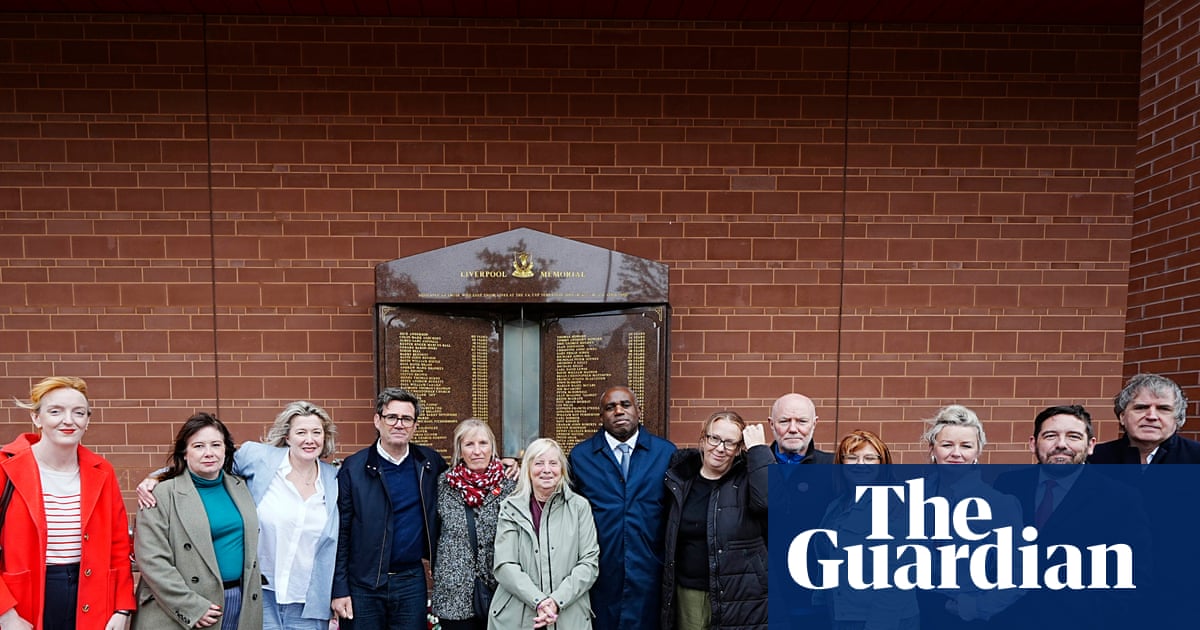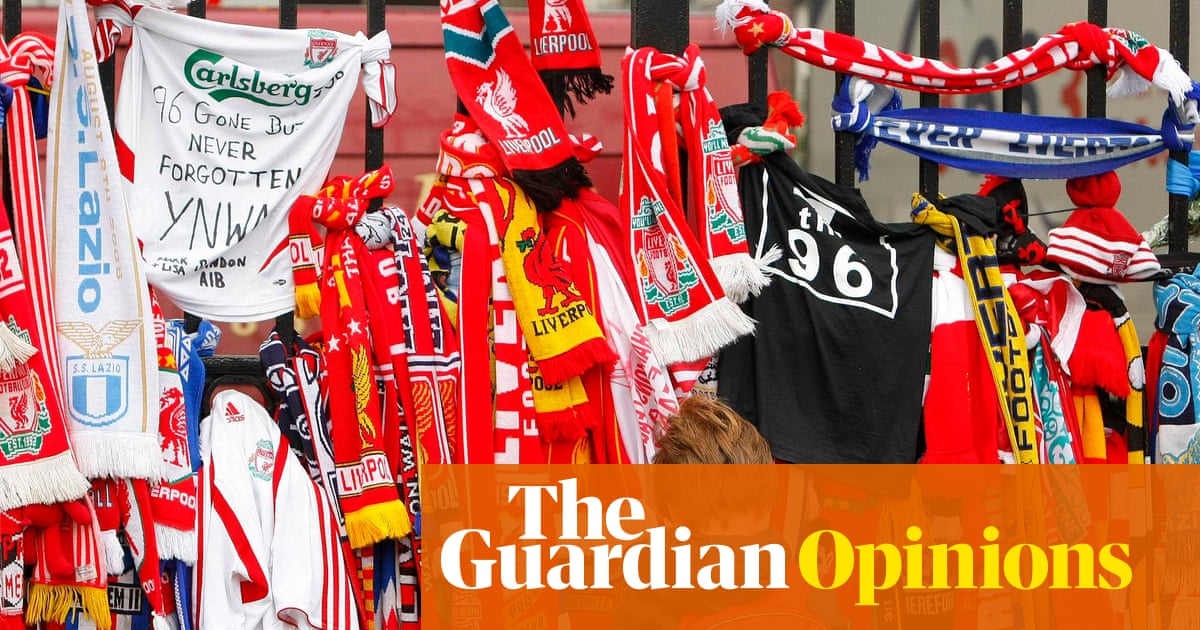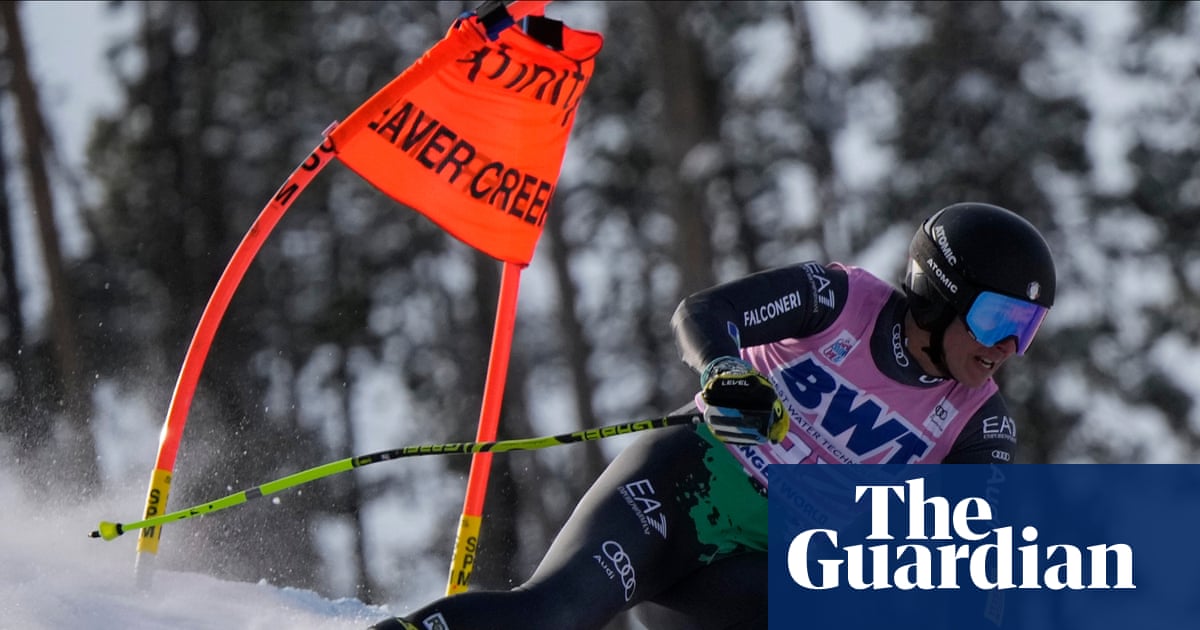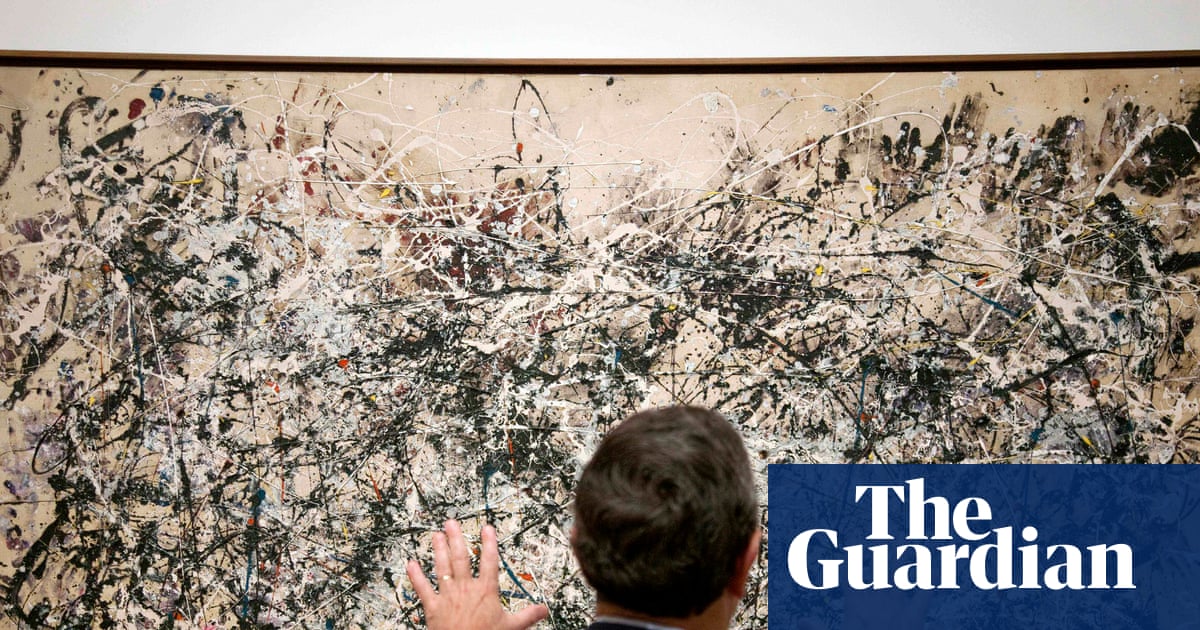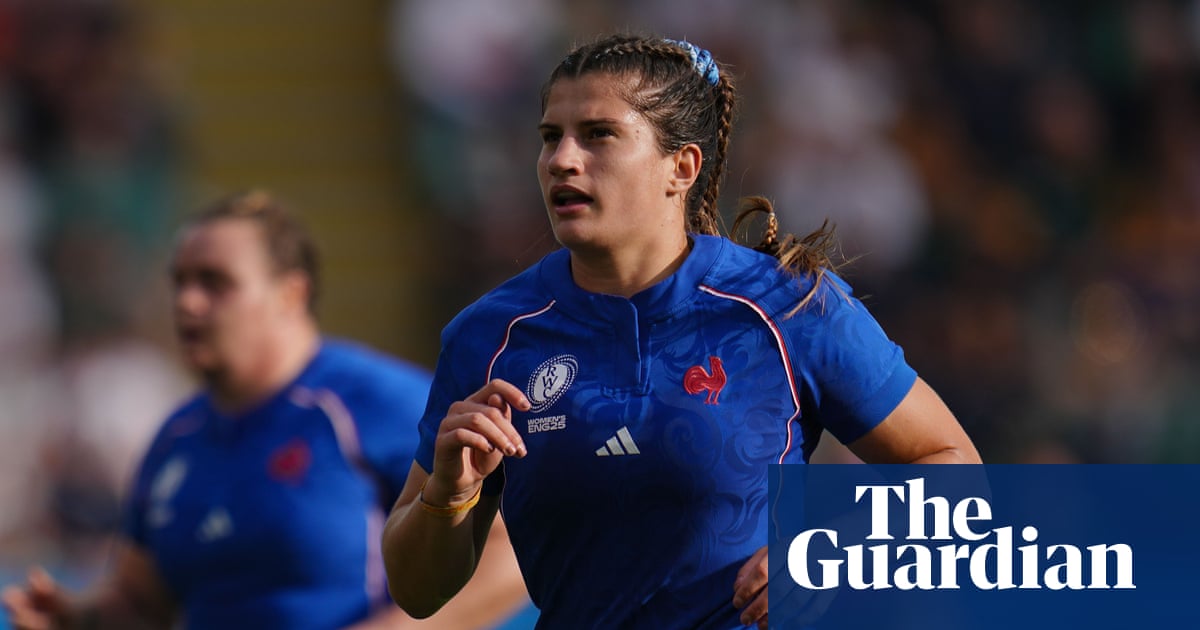There are the nights when the 10-minute walk to the tube station takes half an hour. There are the crossbow bolts of knee pain at 3am. There are the evenings when you convince yourself the recycling doesn’t actually need to be taken out tonight. We can wait a couple of days, squash it down a bit, crush that box flat. And secretly, it’s because you can’t handle the stairs.
There are the mornings when the bus is coming and the kids shout “Come on!” and start running, but you can’t, you just can’t, and you don’t know how to tell them. There is the very particular indignity of the 39-year-old man crossing the road in socks because blisters and swellings have rendered his boots useless. There are the fitness fads – hot yoga, reformer pilates, cold plunge – adopted at great expense and with the sole purpose of pushing back oblivion, of rendering the intolerable fleetingly tolerable.
But in the end there comes a point in the life of every middle-aged male sports columnist when they must succumb to the inevitable ravages of time and torpor, and write the column about their own amateur sporting retirement, usually in the form of a jocular letter to the England manager (“Dear Sven, with regrets, etc”). And with apologies, here is mine. To the fans (none). To the glory (also none). To football. It’s been weird. It’s been emotional. But it’s also been coming for a while.
The first thing to say is that, in the grand scheme of things, this is no great loss to the sport. We’re not losing Jude Bellingham here. We’re not even losing Jobe Bellingham here. We’re losing a technically tragic, tactically inept defensive midfielder who you would assume from their leaden right foot must have a zinging left, who you would assume from their lack of natural ability must have an incredible engine, and in fact has neither. We’re losing a player for whom “Did you score today?” has long become a cruel running joke. In short: football, at every level, may just survive.
For all this, as we approach farewell season, the point where greats and non-greats alike take their flowers and step away, something about the last few weeks has been hitting slightly different. The sight of Thomas Müller and Joel Ward and Mats Hummels and Jan Vertonghen playing their final games amid a sea of tifos and garlands. The bleak realisation that in a few weeks, ridiculously, inconceivably, my own time will come too.
“I knew it was all over the morning it took me five minutes to get out of bed,” goes the first line of Ian Botham’s autobiography. I remember reading those words as a kid and feeling baffled, befuddled, disoriented by them. Confounded by the sheer gulf in time and sensation, by the very idea that sport – this giver of life – might also take it away. Botham was 37 when he wrote those words. I am 39, in possession of zero Test wickets, have in comparison barely exerted myself. Even so, there are some days when five minutes to get out of bed would be classed as a genuine achievement.
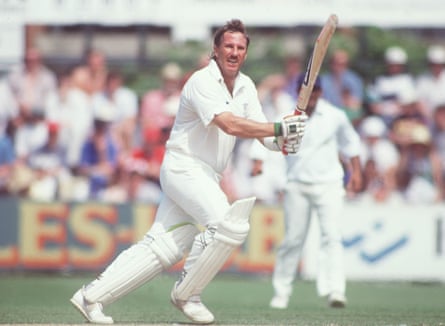
For this there is nobody to blame but myself. There is no cortisone abuse to report, no class action lawsuit in the offing, just world-class self-neglect. Every Wednesday I play football, and then I go to the pub, where I will have four pints and a chicken basket. Do I warm down? I do not warm down. Do I train? Lol.
And in your 20s this is fine: an entire lifestyle built around the idea of your own indestructibility. And by the time it’s not fine, it’s also too late. No amount of reformer pilates is going to rebuild the knee cartilage you wore down over a decade of forlorn defensive transitions and self-destructive tactical fouling.
One by one you watch your peers step away. Wayne Rooney, three weeks older than me and thus my principal sporting avatar, was the first big wake-up call. Luka Modric and Ashley Young are still somehow out there, doing it for the 1985 kids. Unlike Cristiano Ronaldo, I have zero desire to extend my career by padding out my stats in a substandard league.
after newsletter promotion
But of course all these players can reflect on trophies and triumphs, medals and memories, the satisfaction of a sporting life lived to the full. What can I, a footballer who has never played at a level beyond Vauxhall Powerleague Division One, possibly take from these years of sweat and sore ankles and thousands of pounds in subs? What was it all for, in the end?
The usual answer at this point is the friends, the comradeship, the ritual. It’s a nice answer, but it’s not mine. It took a decade of writing about athletes and sport to reconcile myself with the fact that while our achievements might never be alike, while our talents might never be alike, the sacrifice might still be. Pain and punishment are the only ways in which I could ever glimpse what it was like to be great. I will never play like Ledley King, never defend like Ledley King, never scale the peaks like Ledley King. But perhaps one day I might limp like him.
There are still a handful of fixtures left this season: a few more salty Wednesday nights, a few more stiff Thursday mornings. Sport, writes David Foster Wallace, is humans’ reconciliation with the fact of having a body. Perhaps for many of us, sporting retirement is our reconciliation with the fact that one day it will decay and decline and perish. Cherish yours. Or at least, what’s left of it.
-
Do you have an opinion on the issues raised in this article? If you would like to submit a response of up to 300 words by email to be considered for publication in our letters section, please click here.

 3 months ago
102
3 months ago
102



